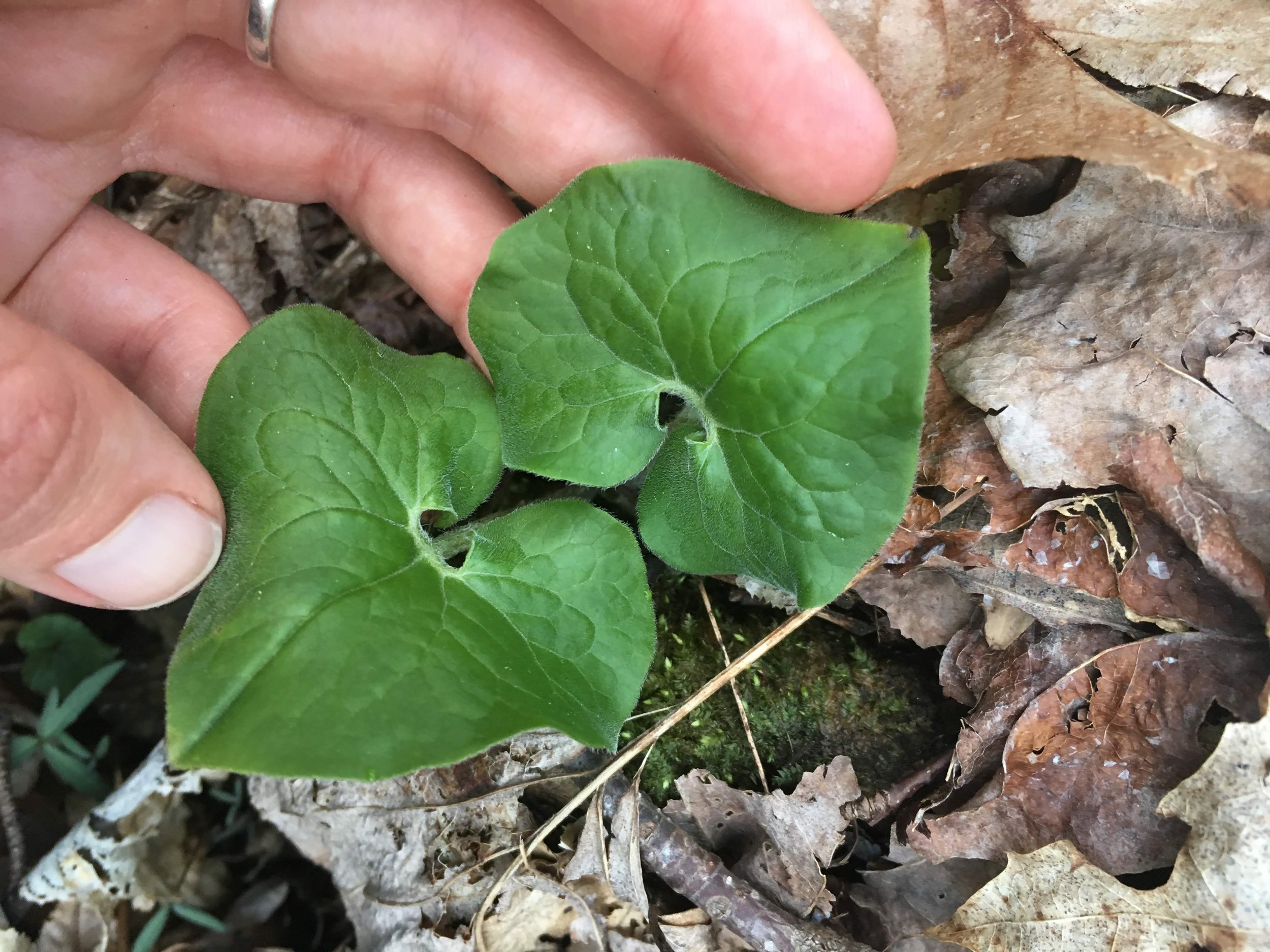The Benefits of Classical Chinese Herbal Medicine
Herbal medicine is a potent intervention. Unlike coming in for an acupuncture treatment, herbs are a medicine that get to be with you as support throughout the week, everyday.
I love practicing herbal medicine just as much as I love offering acupuncture treatments. I first started my journey of studying and practicing medicine as a Western herbalist. I spent a lot of time in the mountains of Southern Appalachia deepening my relationship to plants in their wild, native (and also invasive) environments. While I studied them academically, I was also tending to them in gardens, ethically wildcrafting them in the forest, and actively making medicine to share with my clients and community.
This connection to the natural world is what eventually led me to continue studying medicine in a classical East Asian medicine doctoral program.
The medicine of plants has held my attention for the last 20 years. Prior to practicing medicine, I thought my life’s work might involve farming, community gardens, permaculture, and botany. It still does, but not in the ways I expected.
I have spent the last 5 years deeply studying classical Chinese herbalism. When I say classical, I mean that I have studied with teachers who anchor their approach to herbal medicine in the classical Chinese medical texts that were first written during the Han dynasty over 2,000 years ago. As a part of my doctoral program, I learned how to read and write classical Chinese characters (a different version of the characters used today), so that I could have a direct relationship reading the classical Chinese medical texts.
My main herbal teachers are Dr. Joon Hee Lee whose mentorship program I have been a part of for 3 years; Brandt Stickley who has much experience using classical Chinese herbalism to treat psycho-emotional and neurodivergent experiences; and Dr. Heiner Fruehauf, the founder of Classical Pearls, with whom I am currently in the middle of taking a two-year herbal formulations certification.
That is all to say, I am really passionate about knowing this medicine. I love learning the aspects of crafting and formulating herbs. I love learning about each unique herb just like I love learning about people. Herbal medicine is about knowing a person’s and an herb’s experience to know where they can meet and support each other. Just like in an acupuncture treatment, how you (the patient) uniquely experience the world informs the herbal treatment. I love the process of figuring out just the right combination of herbs that meet your experience. Herbs feel like sending you home with a sweet, individually and intentionally chosen goodie bag that gets to give you support throughout each day until we see each other again.
Herbs are sending our bodies an impulse and reminder of how to do things that our bodies already know how to do. Life happens as it does, and our bodies' physiological functions can fall off track. Herbs support our bodies in remembering these innate physiological functions.
So, often we don't have to take herbs forever like a supplement or a pharmaceutical. We take them until we see the shift that our body is taking over in doing what the herbs were helping to do (we track this with symptom changes, your pulse, etc.). Sometimes then, we shift to another formula. Sometimes then, we don't need the herbal support anymore.
If you’re curious about working with herbal medicine, feel free to reach out to me or ask next time you come in for an acupuncture appointment. It’s one of my favorite parts of my practice. I love continually deepening my connection to the medicine of the natural world and getting to send a bit of it home with you.




